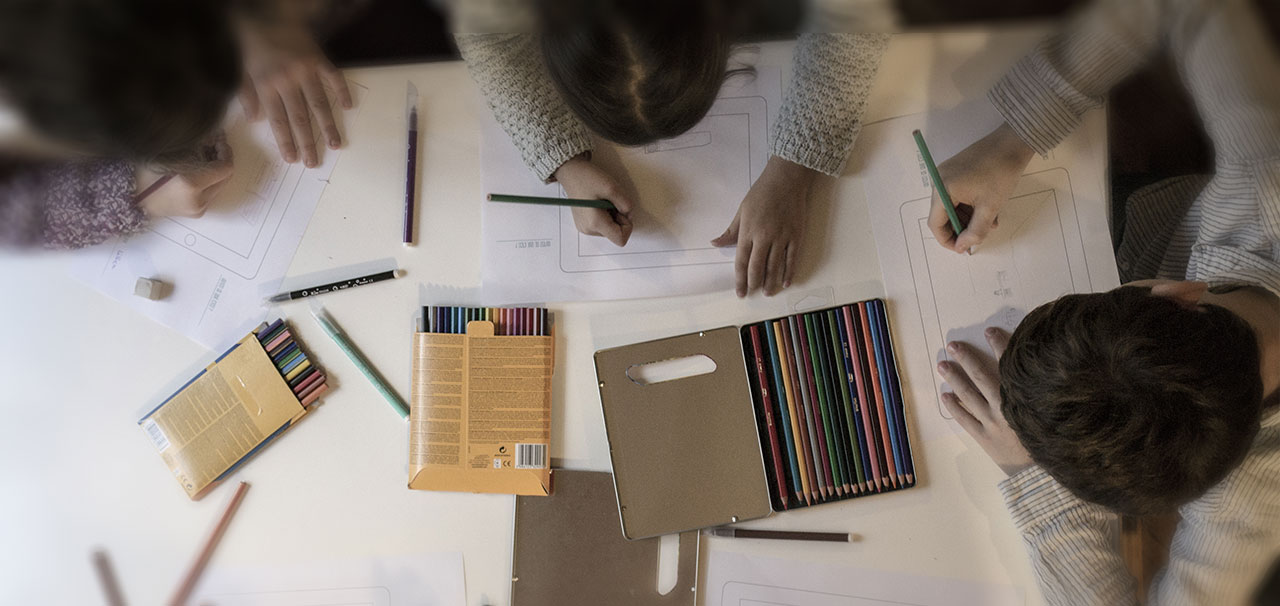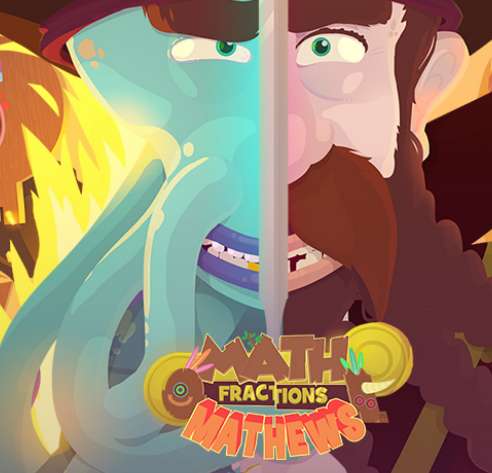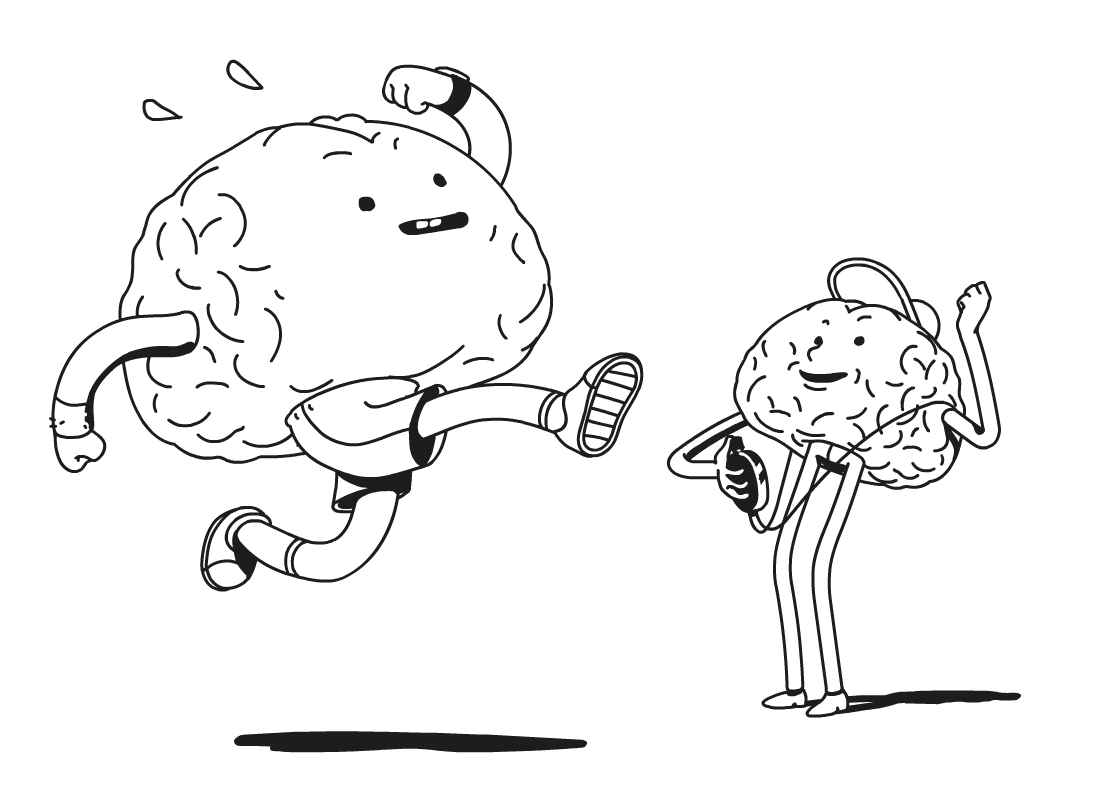
Innovate for a better learning
Working with scientific research
What are the best process for an efficient learning? How can we adapt the experience to each learner? How to apply years of research in education, game design, and tech to get the best out of it? We are engaged in many subjects, collaborating with research to to improve the impact of our games on learning.
On fractions
Math Mathews Fractions is the result of a collaboration with the Cognitive Science Institute Marc Jeannerod that lasted for 2 years. You can read this article on how we have worked with their team.
Now, the lab is starting a research project called Dyscog. The goal of this research is to assess the impact of the use of a didactic videogame about learning fractions in primary school. It is part of a new area of research integrating cognitive science (psychology and neuroscience) and didactic knowledge with the aim of understanding and improving school learning.
We are updating the game based on the recommandations of the lab.

Kwed, video game and adaptive learning
We have initiated a development on an adaptive learning technology for our games a few years ago. After a study on the state of the art we have discovered the work of a research team at the University of Graz in Austria. This project is funded by the EU and is called RAGE.
We are participating on the evolution of a component called CBAC. This tech relies on many different research work on learning such as spaced repetition or the forgetting curve to optimize how competences should be learned through the game experience.
This component will be the core of our adaptive learning technology and we will keep updating it to propose the best learning experience for all students.
Future projects
We are already working on new collaborations, with labs and other companies. We are also open to proposals from research teams for any new project in which we can bring our expertise.
Please feel free to contact us.

